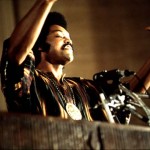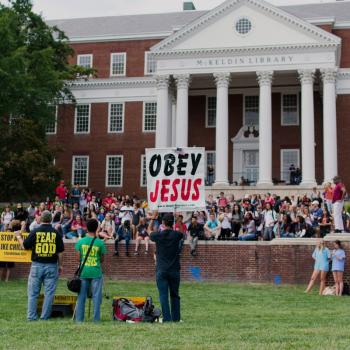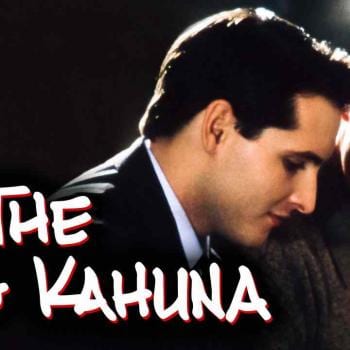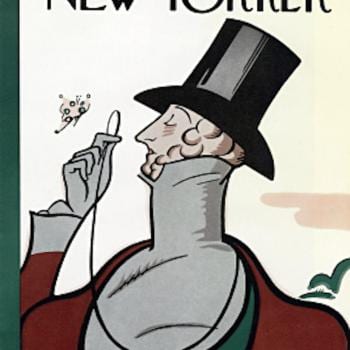From presidents to non-Americans, many people used to regard the United States as the leader of the free world. That was an easy line to maintain when the world was divided between the “free” nations and the tyranny of Soviet Communism. It was so easy, that when POTUSes went to the American public to justify defense spending or intelligence gathering, they employed the language of freedom.
Who could be against that?
What POTUSes forgot to remind people was that this freedom was to an end — an international order with a measure of peace and equity. Indeed, the United States was the leader of a coalition of nations during the Cold War that established an international liberal order — United Nations, NATO, World Bank, Common Market, for starters. In other words, POTUSes were really interested in order more than freedom.
But who goes around saying, “we’re the leader of the ordered world”? Who wants order more than freedom?
That is part of the national and international dynamic that led Americans, I believe, to overestimate freedom and not pay enough attention to order. Any infringement on personal freedoms (unless those of an alleged conservative speaker on a mainstream college or university campus) is a form of oppression to the self who must be unencumbered. This is partly the logic that fuels the Pro-Choice movement. A woman should have complete freedom over her body (even though when she tries to light up a cigarette in a bar or restaurant she experiences the limits of her body’s liberty). It also plays into arguments for physician-assisted suicide and euthanasia.
But Gilbert Meilaender knows that freedom has its limits, and the ideal of the unencumbered self is just plain utopian:
Living in a relatively individualistic society, it seems to us natural to say: “This is my life. Why shouldn’t I be able to do with it as I please, so long of course as I hurt no one else in the process? I have been making important decisions along the path of life for years. Who should have the authority to tell me that I may not decide to end that life and to find a willing person to help?”
Understandable as this is, and appealing as it is bound to seem to almost all of us in certain moments, we need to remember that the basic premise is false. I may not do just anything I want with my life. The rest of you will not let me. I may not engage in deadly duels (even with a willing adversary). I am prohibited from taking certain drugs, from marrying my sister, from marrying more than one person, from selling my kidney for transplant to the highest bidder. And, of course, you will not let me sell myself into slavery.
No one wants to be told they may not do something. But is it any easier to take if you hear that you are free to do something as long as it maintains the existing order? If we paid more attention to order, we might argue about freedom differently.












